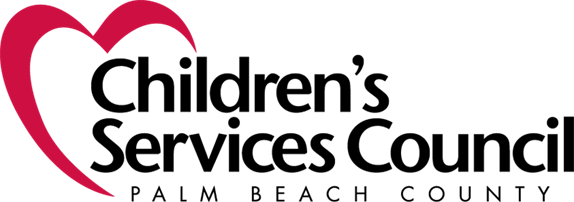Communication Skills Start at Home- Preparing for School
Parents and caregivers can help teach children to communicate with teachers and fellow students in a healthy way, by starting to work on communication skills at home. Children learn best when they are watching you, and will quickly develop language skills, nonverbal cues, and even what words to use in appropriate situations, such as “please” and “thank you.” The way you communicate with your child sets a foundation for how they will communicate with others throughout their lifetime, so it is important to encourage positive ways to communicate with others, with the goal of sharing and understanding ideas, social signals, and directions.
Nonverbal Communication Skills
- Facial expressions and body language are just as much a part of communication as verbal language. You can help your child be mindful of using more positive body language such as smiles and nods. These behaviors can better help your child express themselves, can boost their self-confidence, and can lead to positive peer and adult interactions.
- Practice non-verbal communication skills with games like charades, or by doing simple tasks together such as cleaning. Try simply smiling and nodding your head when your child cleans up their toys or give a thumb’s up to convey your approval without words. Your child will soon learn the importance of understanding gestures and facial expressions.
Social Language Skills
- Playing together with your child is a great way to help them develop social skills, as well as back-and-forth communication. Try putting together a puzzle, playing a board game, or constructing a block tower together with your child, as these tasks include working together and discussing what steps to take next. These games can help your child learn how to better talk and play with their peers at school.
- Allow kids to practice their social skills with real-life scenarios, such as setting up play dates or having friends or family over to visit. Make time for regular, screen-free conversations and see how your child plays, understands, and interacts with those around him. Talking with a variety of people will better prepare your child to interact with teachers and peers during the school day.
- Let your child know that it’s okay to ask for help when they are confused. Give them phrases to use such as, “Will you say that again? I didn’t understand.” You can also let your child know that it’s okay to talk about the different emotions they are feeling, so that others can know when they’re happy, sad, frustrated, or just need a break. Sometimes, nonverbal cues are hard to understand, and it’s okay to be clear and direct with communication.
Listening Skills
- Listening skills can require practice. Model healthy active listening skills for your child by giving them your full attention while talking together- put down your phone, book, or computer, nod your head, and focus on your child. When a child learns how to actively listen, they can learn how to better follow directions, answer questions, and complete tasks.
- Have your child practice their listening skills by asking them to repeat what you have just told them to make sure they understood. You can use this approach after explaining something to your child or giving them a direction. Other ways to practice are by helping your child learn to make eye contact (or, if they are unable to make eye contact, to focus on a chin, nose, or point on the wall just above the speaker’s head). Remind them that, while listening to others, it is important to put down devices and pause televisions to give the speaker their full attention.
- Children want to be heard, and by teaching your child listening skills, you are helping them to feel seen and understood. You can teach them that by actively listening to their teachers and friends, they will begin to better understand what others are not only saying, but what they are feeling.
How you help your child learn to communicate will help them better express their ideas, needs, and concerns with others as they start school. Knowing how to communicate clearly and positively will also help children develop friendships, have positive teacher interactions, and navigate any challenges they may encounter. Reading is also a great way to teach your child communication skills; you can read stories aloud together and discuss the characters’ feelings and talk about ways a character could have expressed themselves better. For free access to dozens of different online books in a variety of languages, check out https://booksmart.worldreader.org/home, or visit your local library!

 Translate
Translate


